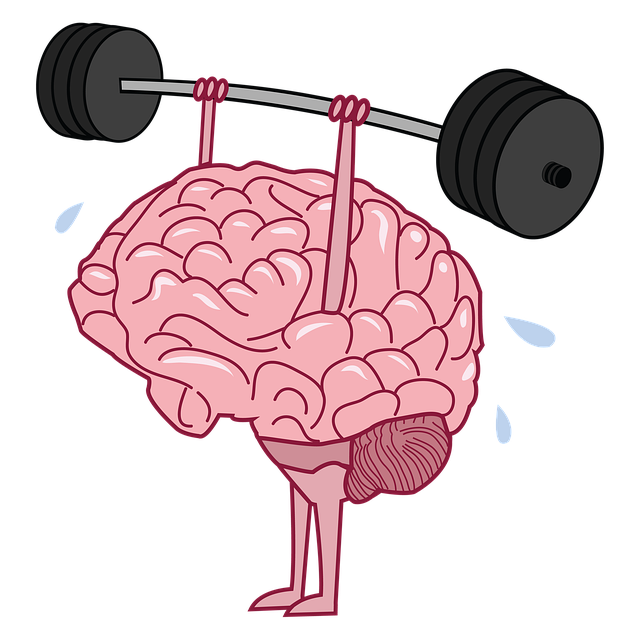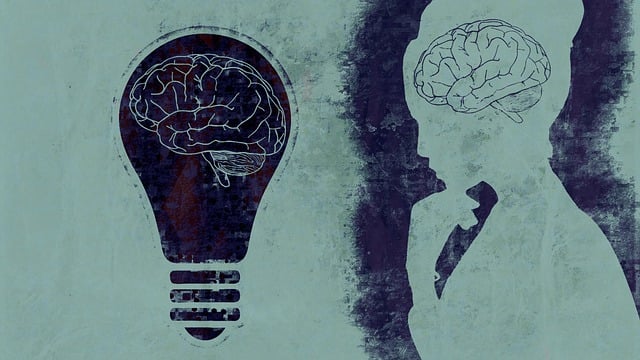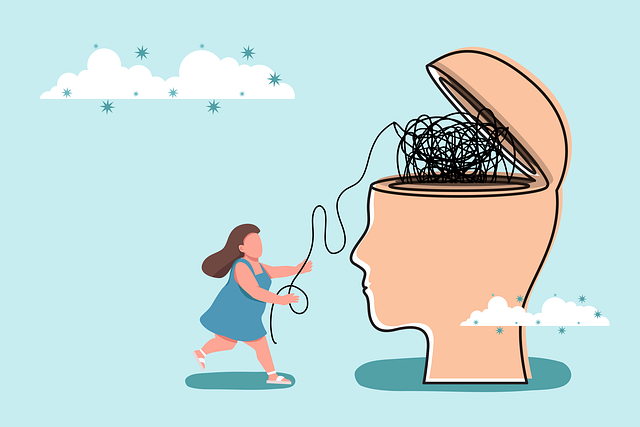Depression significantly impacts young people, known as "Golden Children," affecting academic performance, social interactions, and overall well-being. Early intervention through therapeutic approaches like Golden Children Therapy is crucial, focusing on building resilience and teaching coping mechanisms. This therapy targets early emotional development to prevent depression by empowering youth with self-worth and adaptability. Combined with educational initiatives and public awareness campaigns, Golden Children Therapy can significantly reduce depression rates among younger generations. Creating supportive environments at home and in schools further enhances mental health outcomes.
Depression among young minds is a growing concern, but armed with proactive strategies, we can foster resilience. This article delves into comprehensive prevention techniques, focusing on the transformative power of Golden Children Therapy. We explore how understanding depression’s impact on youth is crucial, and how this unique approach empowers individuals. By nurturing resilience, coping mechanisms, and supportive environments at home and school, we can create a buffer against this pervasive mental health challenge. Embrace these strategies to illuminate paths towards well-being.
- Understanding Depression and Its Impact on Young Minds
- The Role of Golden Children Therapy in Prevention
- Nurturing Resilience and Coping Mechanisms
- Building a Supportive Environment at Home and School
Understanding Depression and Its Impact on Young Minds

Depression is a significant mental health challenge that can deeply impact young individuals, often referred to as “Golden Children” due to their potential for resilience and growth. This invisible disorder can manifest in various ways, from persistent feelings of sadness and loss of interest to changes in appetite and sleep patterns. For young minds still developing emotional regulation skills, the effects can be particularly detrimental, influencing academic performance, social interactions, and overall well-being.
Early intervention is crucial in supporting these vulnerable individuals. Strategies such as Golden Children Therapy focus on fostering resilience and teaching effective coping mechanisms. Additionally, organizations like Stress Management Workshops offer valuable resources for both young people and mental health professionals. By combining therapeutic approaches with educational initiatives, including Risk Assessment and Risk Management Planning, we can empower youth to navigate stress and adversity while promoting better mental health outcomes.
The Role of Golden Children Therapy in Prevention

Golden Children Therapy (GCT) is a unique approach that focuses on empowering young individuals to build resilience and develop coping skills. This therapeutic method recognizes the importance of early intervention in preventing depression, especially among adolescents. By utilizing interactive and engaging techniques, GCT aims to foster a sense of self-worth, emotional intelligence, and adaptability in children and teenagers. Through storytelling, art therapy, and various activities, participants learn to navigate their emotions, improve communication skills, and develop healthy coping mechanisms.
The role of GCT in depression prevention is significant, as it not only addresses the symptoms but also targets the underlying causes. By investing in public awareness campaigns that promote mental health literacy, we can ensure that both parents and children recognize the signs of distress and seek support early on. This proactive approach, combined with GCT’s ability to build resilience, can significantly contribute to a younger generation with enhanced emotional well-being and reduced depression rates.
Nurturing Resilience and Coping Mechanisms

Nurturing resilience and developing effective coping mechanisms are vital components in preventing depression. Golden Children Therapy emphasizes the importance of equipping individuals with tools to navigate life’s challenges. Through this therapeutic approach, clients learn to build mental fortitude, fostering a sense of self-reliance that can buffer against depressive episodes. By integrating Mental Wellness Journaling Exercise Guidance, individuals gain insights into their emotional patterns and triggers, enabling them to proactively manage stress and promote overall mental wellness.
Furthermore, Stress Management Workshops Organization plays a crucial role in building resilience by teaching practical strategies for coping with demanding situations. These workshops often incorporate mindfulness techniques, relaxation exercises, and cognitive reframing skills that help individuals maintain balance and perspective. Incorporating Cultural Sensitivity in Mental Healthcare Practice is also essential, as it ensures that therapeutic interventions are tailored to respect and accommodate diverse cultural backgrounds, enhancing the effectiveness of prevention strategies for all.
Building a Supportive Environment at Home and School

Creating a supportive environment is a powerful strategy to prevent depression, especially for vulnerable individuals such as those who have experienced trauma or are part of the Golden Children Therapy program. At home, fostering an atmosphere of warmth and understanding can significantly impact a person’s mental health. This involves open communication where family members actively listen and validate each other’s feelings. Encouraging activities that promote relaxation and stress reduction methods, like mindfulness exercises or creative outlets, can help manage moods and create a sense of calm.
In educational settings, schools play a crucial role in depression prevention by implementing supportive programs. Teachers and staff should be trained to recognize signs of distress and provide appropriate resources for trauma support services. A safe and inclusive environment where students feel comfortable sharing their experiences without fear of judgment is essential. By integrating stress reduction methods into the curriculum, schools can empower students with coping strategies to navigate challenging situations, fostering resilience and a positive sense of self.
Depression prevention is a multifaceted approach, especially for young minds. By understanding the profound impact of depression and its early signs, we can effectively utilize strategies such as Golden Children Therapy to foster resilience. This therapy plays a crucial role in nurturing emotional well-being, offering a bright path forward. Additionally, creating supportive environments at both home and school is essential. Through these comprehensive measures, we can empower young individuals to build coping mechanisms and thrive, ensuring a brighter future free from depression’s shadow.














